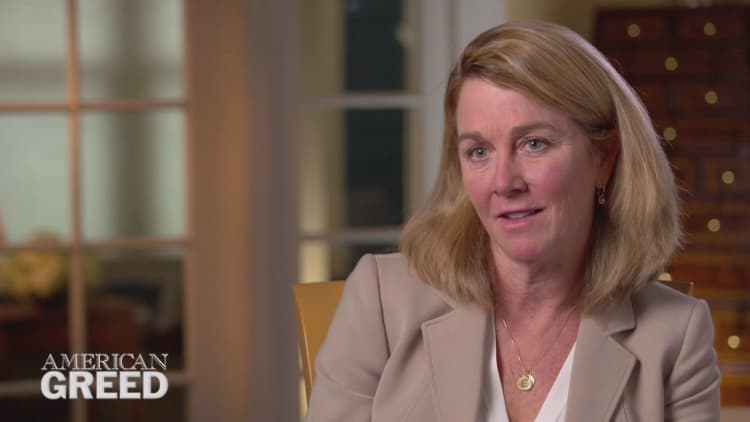When you're deciding who will be the executor of your estate or whether you will accept a request to be one, pros say it's important to avoid making a hasty decision.
Simply put, serving as an executor is no cakewalk. The person in that role — who often is grieving — will be in charge of trying to make sure everything the decedent owned ends up where it's supposed to. They also ensure a final tax return is filed and that other debts are paid as necessary.
"Being named an executor is a compliment, but it's a lot of work," said certified financial planner John Gajkowski, a principal of Money Managers in Oak Brook, Illinois. "It's not something that can be done in a weekend. The person needs to be tenacious, business minded and able to focus on taking the steps necessary to get the job done."

The process of settling an estate can last months or years. In general, the better the estate plan that's in place when the person passes away, the less time spent wrapping everything up.
The first goal, advisors says, is to avoid probate. In simple terms, this is the process of paying off your debt and distributing the remaining assets to your heirs. While each state's laws differ, keeping certain assets out of this legal process typically avoids opening them up to claims from creditors or even offended family members who feel slighted.
For starters, make sure your assets are properly titled. For instance, the beneficiaries listed on retirement accounts, insurance policies and annuities receive the money directly without it going through probate. Be aware that the beneficiary listed on those accounts will get the funds even if your will names someone else.
Real estate can also cause issues if, say, the deed on your house doesn't reflect what your wishes are in your will. Same goes for checking, savings and brokerage accounts, if you have what's called a payable-on-death arrangement with those banks that names a specific recipient of the funds.
The [executor] needs to be tenacious, business-minded and able to focus on taking the steps necessary to get the job done.John Gajkowskiprincipal at Money Managers
The most common way to avoid probate is through a trust. When set up properly, a trust governs how your assets are distributed. (In that case, the trustee you name functions similarly to an executor).
Some people also use a trust to reduce exposure to the federal estate tax. For 2017, the exemption is $5.49 million per individual, meaning that you can pass up to that amount to heirs without paying any federal tax. Keep in mind, however, that some states also impose an estate or inheritance tax that differs from IRS rules.
In addition to creating a will and proper titling of assets, leaving an organized list for the executor is helpful. Among the items to include: the location of your will, information on bank accounts, insurance and annuity contracts, retirement accounts, car loans, your Social Security number and any other information that will make the process easier for the executor.
"As long as the executor knows where the list is, they don't have to go searching for anything," said Elijah Kovar, a partner at Minneapolis-based Great Waters Financial.
In addition to filing the will with the state court and getting legal authorization to act as executor, the person will be in charge of contacting every institution where there was a financial relationship. Each bank has a process for giving the executor access to those accounts.
This person also will be charged with selling your house if that's part of your plan. That involves getting an appraisal, hiring a real estate agent and seeing the sales process through to the end.
Personal possessions also must be disposed of or distributed among heirs.
"This can be the hardest part," Gajkowski said. "There can be more fighting over mom's wedding ring or other belonging than the financial accounts."
If you've been approached about serving as an executor, advisors say it's OK to ask if steps have been taken to make the eventual job as straightforward and uncomplicated as possible.
"I'd want to make sure things are in place to help me or it could be hell down the road," Kovar said.


